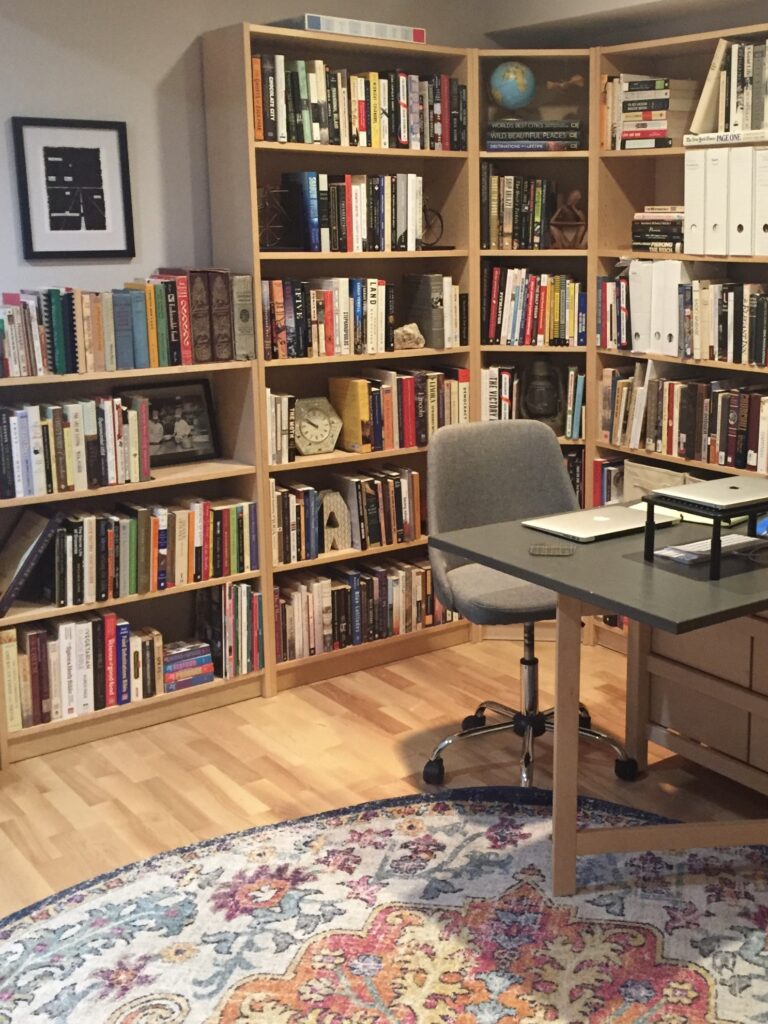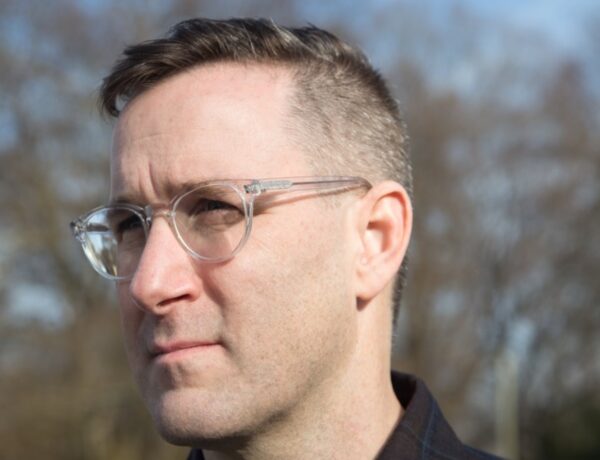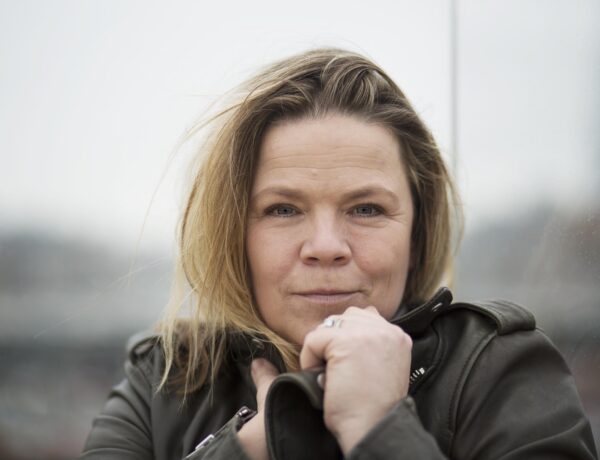April White is a senior writer and editor at Atlas Obscura. She previously worked as an editor at Smithsonian Magazine, where she oversaw the publication’s history-focused coverage.
She holds a master’s degree in history and has told surprising tales from the archives for publications including the Washington Post, The Atavist Magazine, and JSTOR Daily. An experienced researcher, she has also collaborated with nonfiction authors on more than a dozen book projects.
In addition, April has authored and co-authored eight cookbooks and several other books on food and drink, including Lemonade with Zest, Sweet Sugar, Sultry Spice, Pitmaster, and From Apples to Cider. She is also the former food editor of Philadelphia Magazine.
Looking for inspiration to help you achieve your writing goals? Subscribe to our newsletter for exclusive insights into the routines, habits, and techniques of some of the most celebrated authors in history.
Hi April, welcome to Famous Writing Routines, we’re so glad to have you here with us today! Can you tell us a little bit about your book, The Divorce Colony? What drew you to this particular story, and how did you first come across it?
The Divorce Colony is the scandalous, sad, infuriating, empowering and totally true story of the turn-of-the-century socialites who traveled to Sioux Falls, South Dakota, for an escape from their marriages that law and society conspired to deny them at home.
I discovered these women completely by accident—the way the best projects always seem to start. I was researching another historical story when I saw the words “recently returned from the divorce colony” in an old newspaper clipping. I was on a plane to Sioux Falls just a few weeks later and then I was standing right there in the same courtroom where some of the most sensational public divorce trials took place.
I’ll admit that it was the gossip that first drew me in—secret identities! poisonings! contested Inheritances!—but I was truly hooked when I realized just how dramatically the women of the divorce colony had shaped the country’s current views of marriage and divorce.
Can you share your creative process for writing the book? How did you go about conducting your research?
From the perspective of a researcher, the most fun and most frustrating thing was the number of divorce colonists who came to Sioux Falls—we’re talking hundreds of potential characters through which to tell this story. Fully the first third of my work was going down the rabbit hole with scores of these divorce seekers, wondering if theirs was the best story to carry this tale. So much ended up on the cutting-room floor. (Read the endnotes! I stuck some things I couldn’t part with there. Other tidbits have come to life on Instagram.)
Next, I needed to reconstruct the experiences of the four women I chose to be at the center of the book—Maggie, Mary, Blanche and Flora. History hasn’t always found women’s lives noteworthy (sometimes even uncovering a woman’s name beyond Mrs. Husband is impossible), so I pulled on threads from countless sources to weave together their stories. It was important to me to get as close to each of these women as possible, and I was lucky to be able to tell some of the saga in their own words, as recorded in newspaper interviews, court filings and letters.
Finally, it was time to paint the scenery. I wanted people to feel fully immersed in this moment, to understand what a train ride would have felt like in 1891 for a woman traveling across the country alone, to know how life looked and sounded in Sioux Falls, and to feel the stress of making the personal decision to divorce in the glare of the national spotlight. If you are reporting a story set in 2023 with living subjects, those details are easy to come by. Or you can write a story set 125 years in the past and spend days hunting down the color of the courtroom walls.
In addition to your historical writing, you have also co-written several cookbooks and urban agriculture books. How does your passion for food writing play into your larger writing style and approach to storytelling?
My cookbook writing has most informed my historical narrative writing *process.* Writing a cookbook is basically writing big lists of lists—there are so many moving pieces! It’s great practice in organization. Creating a cookbook also teaches you a lot about the audience. To produce a good cookbook, you have to get very specific about who the book is for and how they will use it—What techniques do they know? What tools do they have? How much time will they commit to a recipe? The answers to those questions shape everything from word choice to recipe format to the type of binding. (No, really. Have you ever tried to cook from a book that won’t stay open?) That same focus on the reader is important in historical narrative writing, even if the binding question is a little bit less critical.
Do you struggle to stay focused while writing? You’re not alone! That’s why Famous Writing Routines recommends Freedom – the ultimate app and website blocker for Mac, Windows, Android, iOS, and Chrome. With over 2.5 million users, Freedom helps writers stay on task and avoid distractions. Get started for free today and reclaim your productivity!
If you could have a conversation with any author throughout history about their writing routine and creative process, who would that person be?
Honestly—anyone writing archival history before, say, the 1980s. My research is so deeply reliant on technology. I’m incredibly grateful for scanning apps and optical character recognition and database technology and endless cloud storage. I don’t know how I would do this work without those tools. But I sometimes wonder what was lost in translation. Would I have seen a surprising connection between two disparate facts if I’d been forced to hand file them? Would I have avoided getting muddled down in unrelated details if I couldn’t copy thousands of pages of archival material with my phone?
I’d love to know about the books you’re reading at the moment. What have been some of your favorite reads?
Writing books doesn’t leave that much time to read them for fun, so my treat as I’ve been promoting my book is buying someone else’s book at each of the bookstores that have hosted events for The Divorce Colony. Okay, okay, sometimes more than one someone else’s book. At the top of my shopping list: Maggie Haberman’s Confidence Man, Clint Smith’s How the Word Is Passed, Deborah Cohen’s Last Call at the Hotel Imperial, and Megan Kate Nelson’s Saving Yellowstone.
What does your current writing workspace look like?
At this exact moment my home office in Washington DC is piled with books that I hope will help shape my next project. Actually, “second-hand bookstore” is the overall aesthetic here, and I’ve lost count of the number of times people have expressed surprise to see actual books on actual bookshelves behind me on a Zoom call. But as much as I love this space (which brilliantly doubles as a guest room thanks to a Murphy bed), it’s got nothing on what I consider to be the best coworking space in the country: under the rotunda in the Main Reading Room at the Library of Congress.

Affiliate disclaimer: Some links on this website are affiliate links. We may earn a small commission if you make a purchase through these links, but only promote products we truly believe in. We disclose affiliate links and give honest reviews.



No Comments